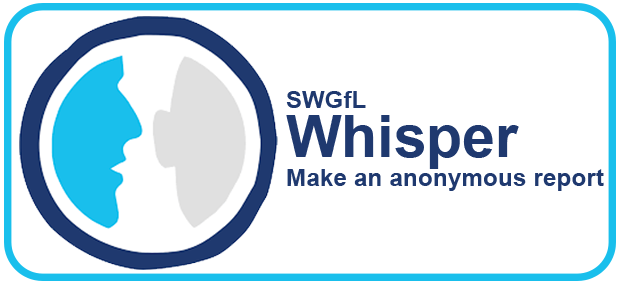Sports Studies
Department Intent
Active, Competitive, Reflective
| Knowledge in Sports Studies |
We aim to offer a broad and balanced curriculum, ensuring all pupils are productive and have a positive experience of Physical Education, which will contribute to their life choices in later life. We encourage pupils to celebrate their progress and be proud of their achievements while representing LMHS at competitions and events.
|
| Curriculum in Sports Studies |
KS4 pupils who pick PE as their option, will follow the Cambridge National Sport Studies specification which is made up of the NEA and exam.
|
| Teaching and Learning in Sports Studies |
Our Key Stage 4 PE theory lessons are designed to be dynamic and engaging, blending in-depth subject knowledge with practical application. Throughout each topic, students tackle a variety of tasks—working independently, in pairs, and as part of a group—to develop a well-rounded understanding of the different units. Pupils will be taught in both a classroom and practical setting to develop their knowledge and understanding of the content. |
| Assessment in Sports Studies | Pupils are consistently assessed during their Sports Studies lessons and feedback is given verbally, both collectively as a class, as well as individually in order to refine key skills. Pupils will also be asked to peer assess during their lessons to further develop their understanding. KS4 pupils will be assessed on their coursework for each of the tasks provided by the exam board. Pupils will also complete an exam at the end of year 11. Pupils will prepare for this in the classroom by completing end of unit tests with memory and recall quizzes on mini whiteboards and in their books. |
| Learning Beyond the Classroom in Sports Studies |
Our aim is to produce lifelong learners who are equipped with the skills and qualities to enable them to confidently lead physically, socially and mentally healthy and active lifestyles after their time at Lea Manor High School. To aid this goal, we offer a variety of extracurricular clubs throughout the academic year that coincide with our LSSA fixtures. Lea |
Curriculum Journey
| Autumn 1 | Autumn 2 | Spring 1 | Spring 2 | Summer 1 | Summer 2 | |
| 11 |
Key components of performance Applying practice methods to support improvement in a sporting activity Organising and planning a sports activity session |
Leading a sports activity session
Reviewing your own performance in planning and leading a sports session |
Issues which affect participation in sport
The role of sport in promoting values |
The implications of hosting a major sporting event for a city or country
The role of National Governing Bodies (NGBs) play in the development of their sport
The use of technology in sport |
Final revision and exam |
|
Curriculum Overview
-
Year 11 Sports Studies Curriculum Overview
download_for_offline
download_for_offlineYear 11 Sports Studies Curriculum Overview


